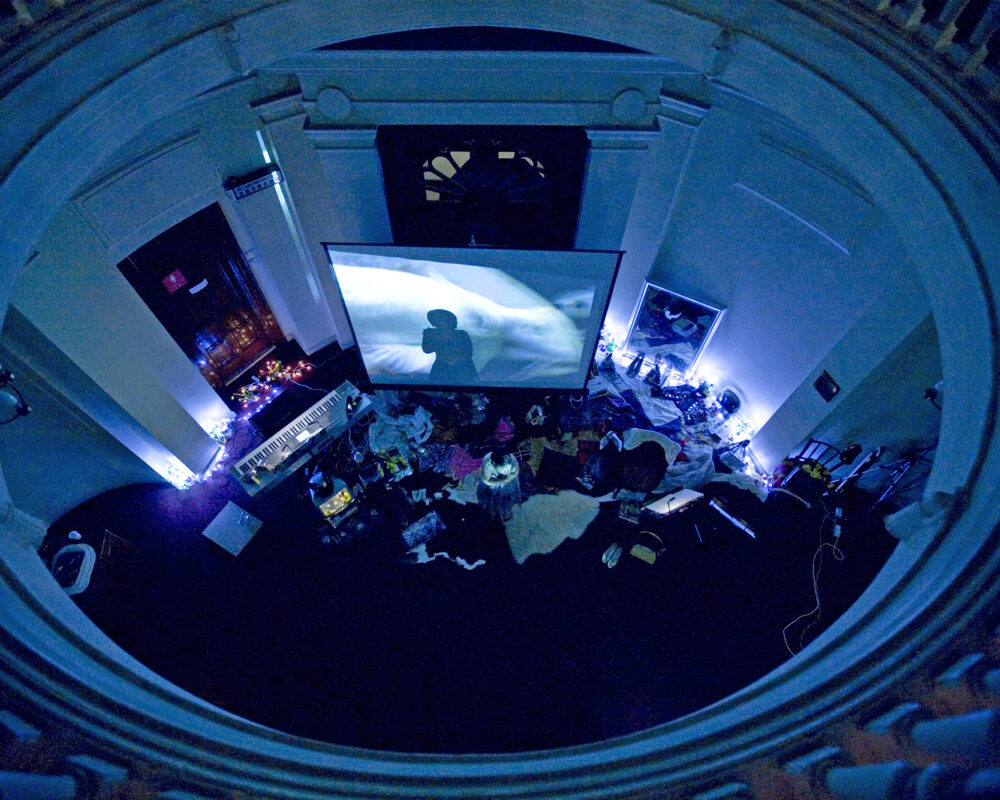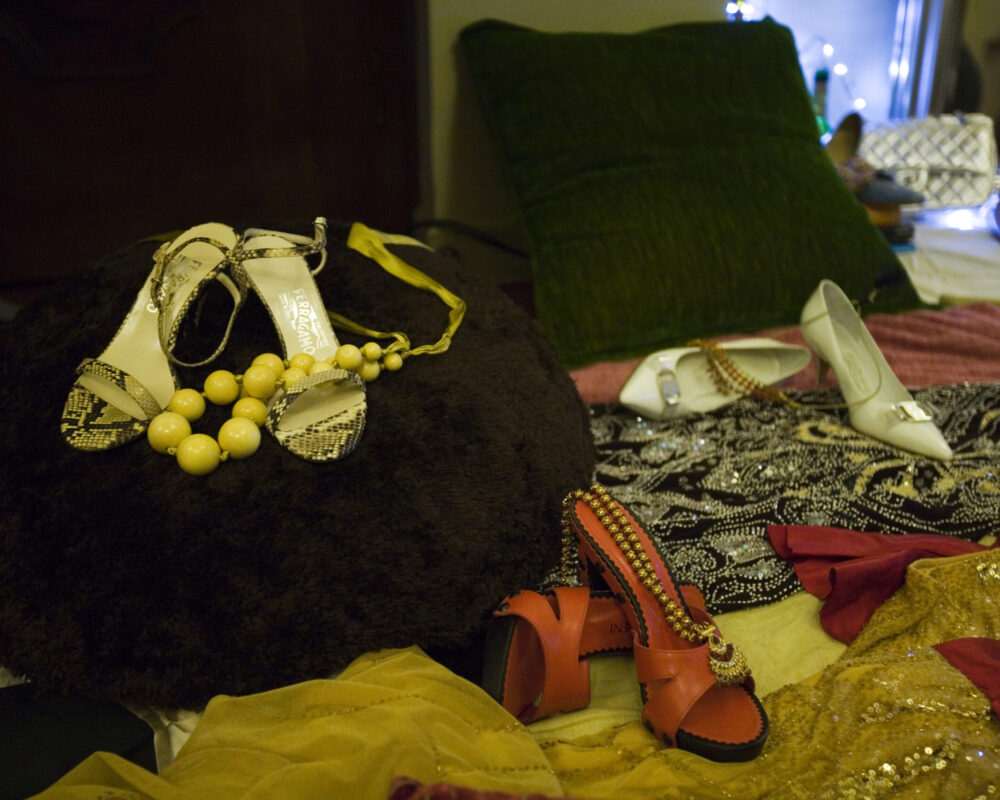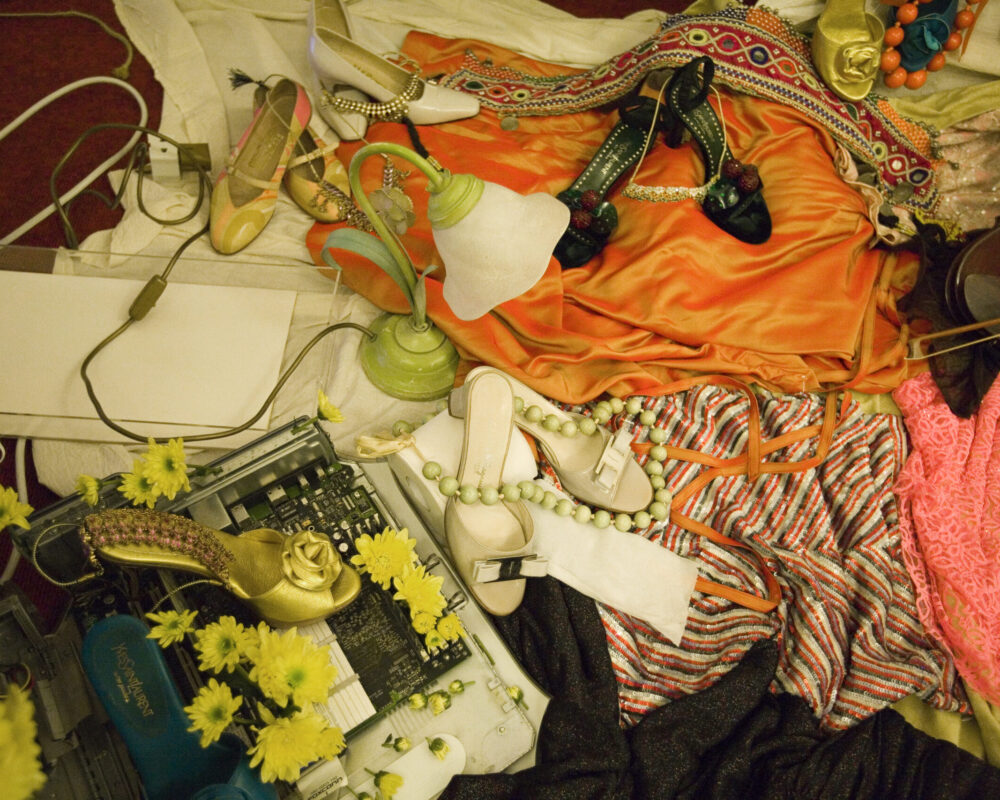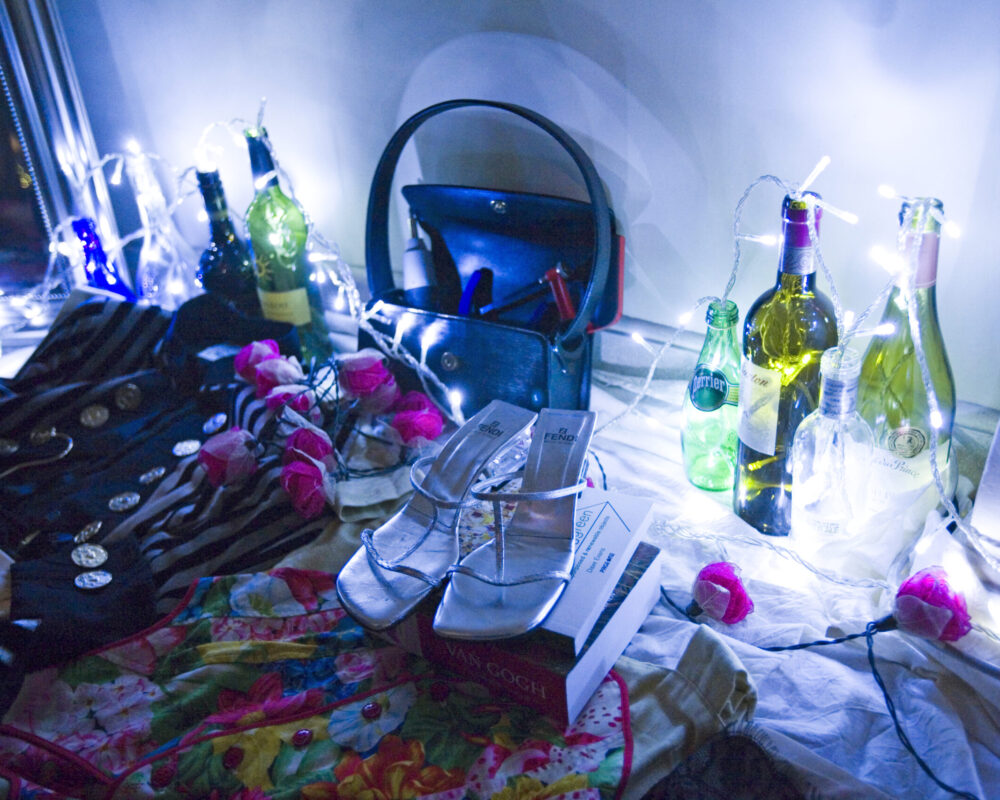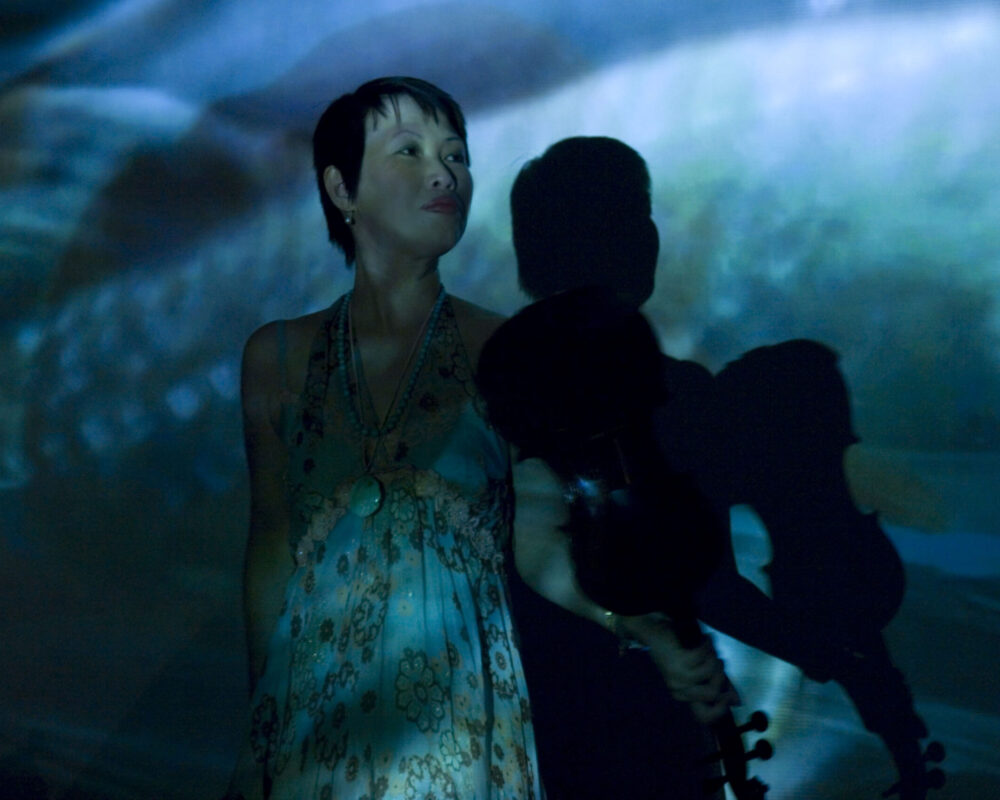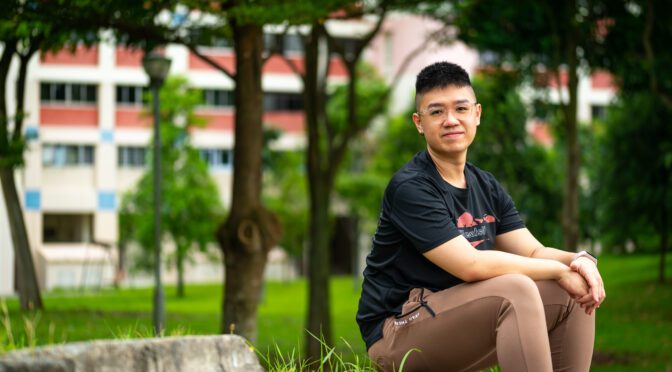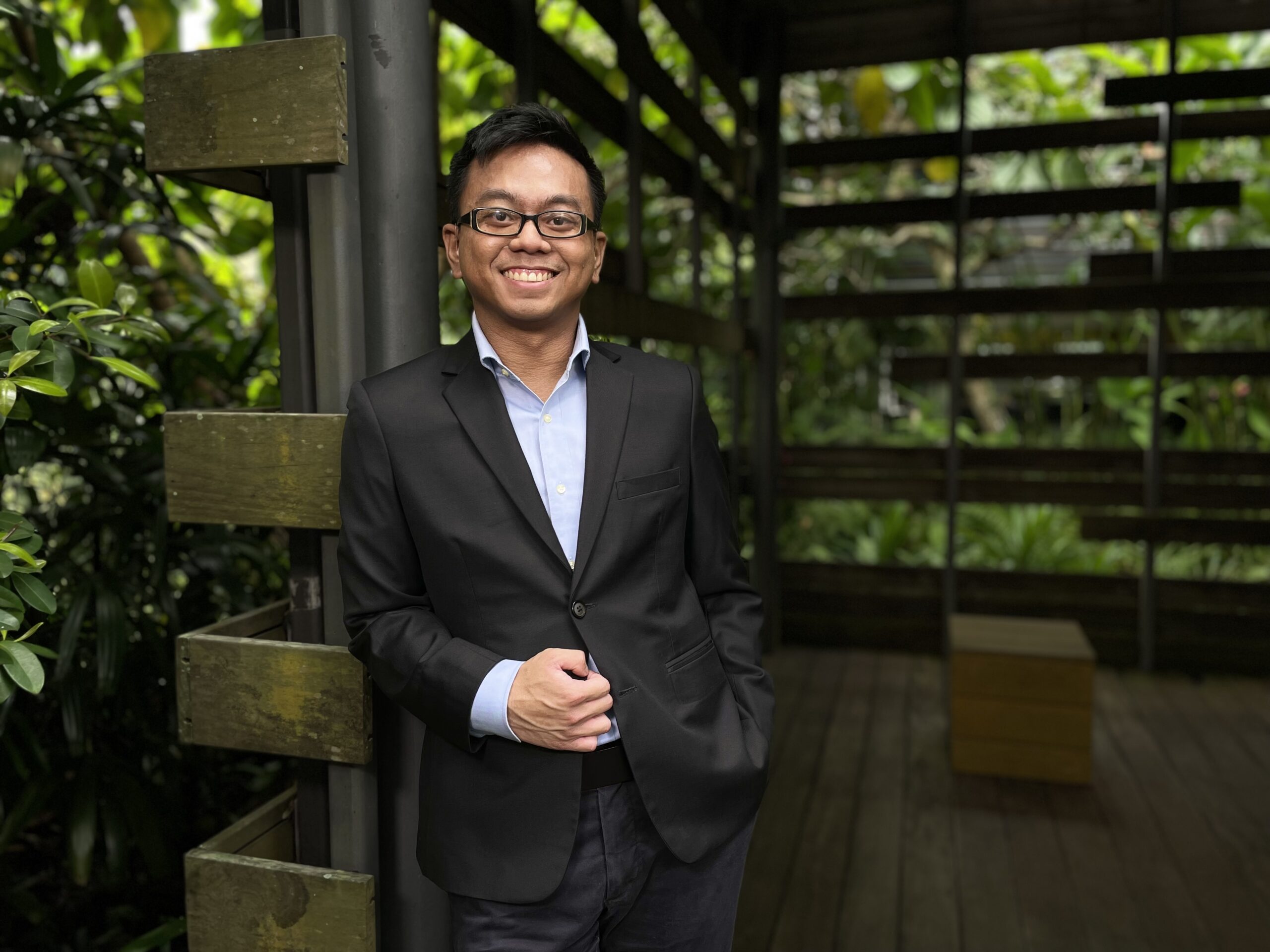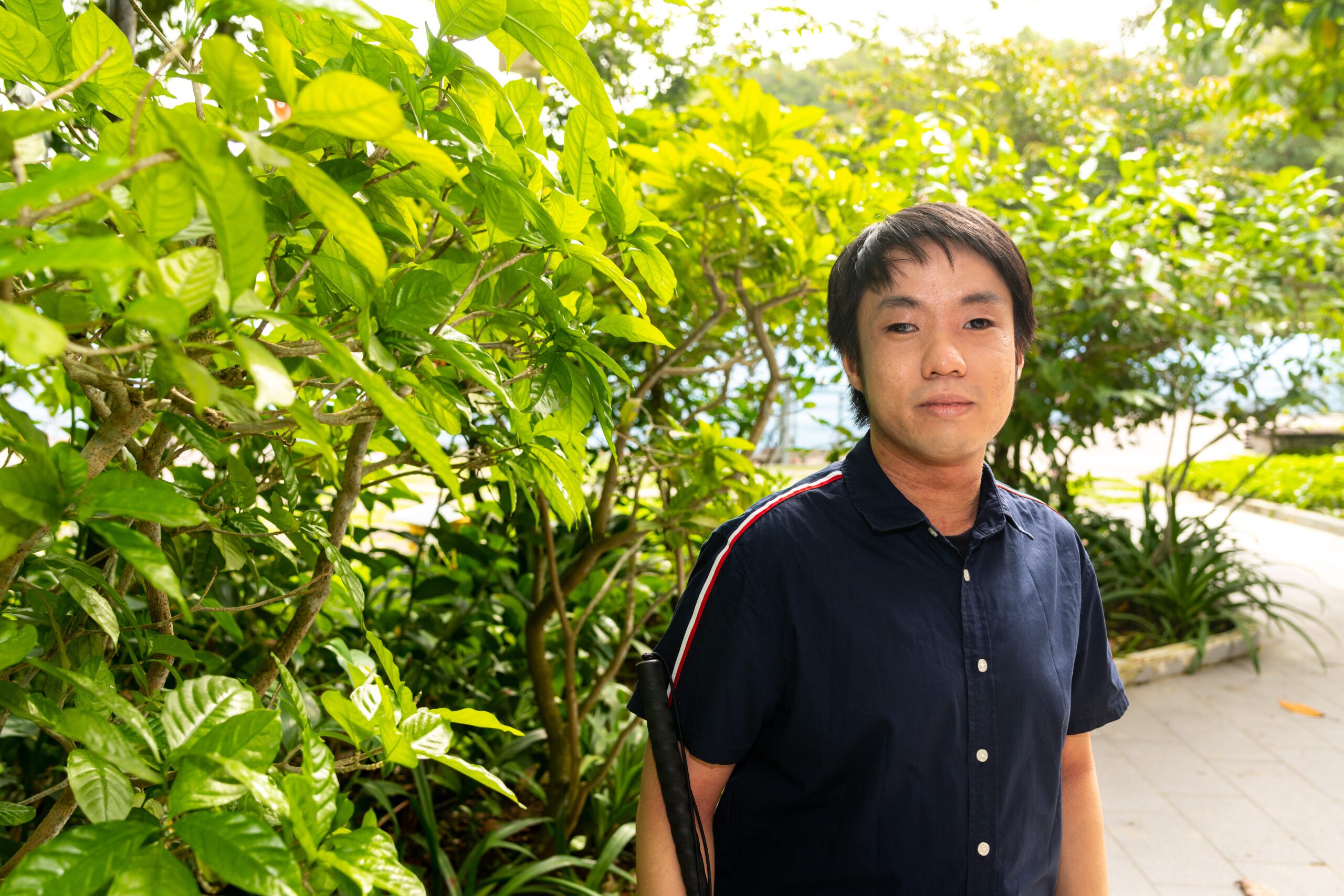Sensory overload
Other than my teachers’ persecution, the classroom environment too sought to swallow me whole. One time while reminiscing, my former classmate asked: ‘Do you remember the time we were on the bus to the swimming pool, and you were enjoying a curry puff?’ I said: ‘No I don’t. I only recall being stricken with horror.’ O’ the rancid body odour, courtesy of forty-over sweaty students (myself included) after each Physical Education class! I wanted to vomit, yet I couldn’t scurry to the toilet, because it was a cesspool. The mental image of the decrepit toilet still haunts me today.
Hypersensitivity is a common affliction of many autistic people (so is its opposite: hyposensitivity). Think of it as an allergy to overload. Bring me to a shopping mall, and the extent of my disability is fully revealed. The hodgepodge of blaring, obnoxious music, with each store playing its own track (Chinese New Year is the worse period). Bright lights. Trips to the wet market with my mother were a sensory nightmare: cries of the dead chickens and deafening sounds of water boiling gnawed at me. And the smell of blood was an unrelenting siege on my olfactory sense. Of course, neurotypical people would argue that they are not impervious to these stimuli too. They may pinch their noses or gag a little, but such stimuli do not evoke adverse physiological reactions. For me, my eardrums would feel as if they were about to rupture. I would get migraines. I may even throw up. I’ve had innumerable meltdowns.
If schooling was so torturous, how did I survive it? Stimming was one way. Stimming is a form of calming mechanism for autistics’ nervous energy and anxiety. You may have noticed it: the flapping of hands, fidgeting and ‘inappropriate’ spinning in circles. You may have even cringed at the display of such idiosyncratic behaviours or given autistics a wide berth because of them. With the threat of the biting smack of a ruler ever near, I learnt to stim internally. In my head, I’d recite funny-sounding words I learnt from the dictionary. D i s c o m b o b u l a t i o n. The letters would float in from the left and right, and very soon it was as if I were watching a motion picture.
I also had a golden ticket in the form of a chronic autoimmune disorder that the medical community didn’t have a name for it at the time. Incidentally, it developed when I started attending kindergarten — might the newly introduced infection of environmental stressors have something to do with it? I’d get recurring bouts of fever. All I had to do was pull down my lower lip and show my blotchy ulcers in all their glorious ugliness to the teacher and I was immediately excused from school. I may be trivialising my disorder here, but in truth I suffer from a never-ending cycle of physical and sensorial pain: my hypersensitivity triggers an overreaction in my immune system, and the sensation of the ensuing mouth ulcers and arthritis-like swollen joints is heightened because of my hypersensitivity.
Woe be me? Yes and no. This is where my autism is a blessing. Were I an ordinary person plagued with this horrible disorder, I’d be hating myself. I’d have sunken into depression long ago. But because I’m autistic, I see the world differently. I create an inner world where I’m at peace. It alleviates the pain.
Things improved tremendously when I jetted off to Hong Kong and pursued my Bachelor of Arts in Music and Fine Arts. My lecturers were a godsend. They saw that I was an unusual student, and just went with it. There was no trying to correct me: they were aware of and willing to accommodate different learning needs. That was when I thrived and rekindled my love for learning. Many years later, as a PhD scholar in Sydney, my university allowed me to have my assistance dog, who would help manage my sensory anxiety, with me at all times. They also assigned me a bigger room because they knew I needed quietude.
My passion for music stemmed from my love of repetitions. In fact, music is repetition. Name me a good musician who hasn’t plunged deep into the world of repetitions. To the normative, repetitions are boring and unimportant because they are not needed in their communications. But repetitions are fascinating to me: every bird call is different, every traffic signal. I can play ten-minute pieces of the so-called same thing and fellow autistics can pinpoint the difference. Because I can hear everything, give me a piece of Baroque music and I can categorise the different layers of vocals, cellos, flutes, violins and trombones.
Writing my dissertation was a struggle of gargantuan proportions — while concepts and theories and ideas swam freely in my head, I had to learn how to communicate them in a way that neurotypicals could accept and perceive. It was only after I became an autism researcher that I learnt that my brain activity patterns are inherently different from neurotypicals’. The realisation that I was merely different, not in fact stupid as I had thought throughout my formative years, was a long time coming.
